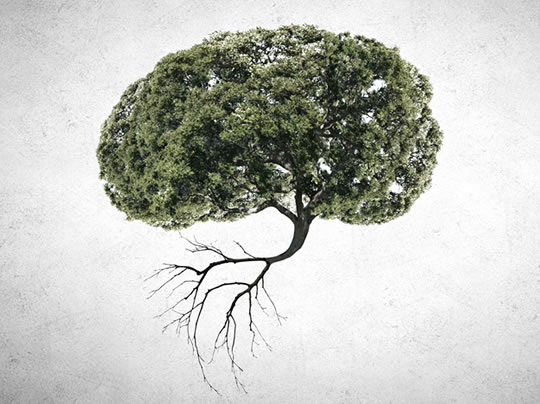Even a year after taking part in the study, the way some older people’s brains processed language was more akin to young people.
Only tasks which involve sustained mental effort can help protect the brain from ageing, a new study finds.
Activities like digital photography or quilting can provide the necessary mental stimulation.
Socialising, listening to music or playing simple games, though, did not have the same beneficial effects, researchers found.
Dr Denise C. Park, one of the study’s authors, said:
“The present findings provide some of the first experimental evidence that mentally-challenging leisure activities can actually change brain function and that it is possible that such interventions can restore levels of brain activity to a more youth-like state.
However, we would like to conduct much larger studies to determine the universality of this effect and understand who will benefit the most from such an intervention.”
The study involved assigning older adults to both high-challenge and low-challenge activities.
They continued these for around 15 hours a week over 14 weeks.
Only the activities that provided an active learning component were beneficial.
People who learned quilting or digital photography showed impressive improvements:
- Better memory performance.
- Higher abliity to regulate brain activity.
- Better neural efficiency.
Some of these gains were maintained up to one year later.
The way these older people’s brains processed language was more akin to young people than their counterparts in the low-challenge group.
Dr Ian McDonough, who co-authored the study, said:
“The study clearly illustrates that the enhanced neural efficiency was a direct consequence of participation in a demanding learning environment.
The findings superficially confirm the familiar adage regarding cognitive aging of ‘Use it or lose it.'”
Dr Park added:
“Although there is much more to be learned, we are cautiously optimistic that age-related cognitive declines can be slowed or even partially restored if individuals are exposed to sustained, mentally challenging experiences.”
The study was published in the journal Restorative Neurology and Neuroscience (McDonough et al., 2015).
Tree brain image from Shutterstock

